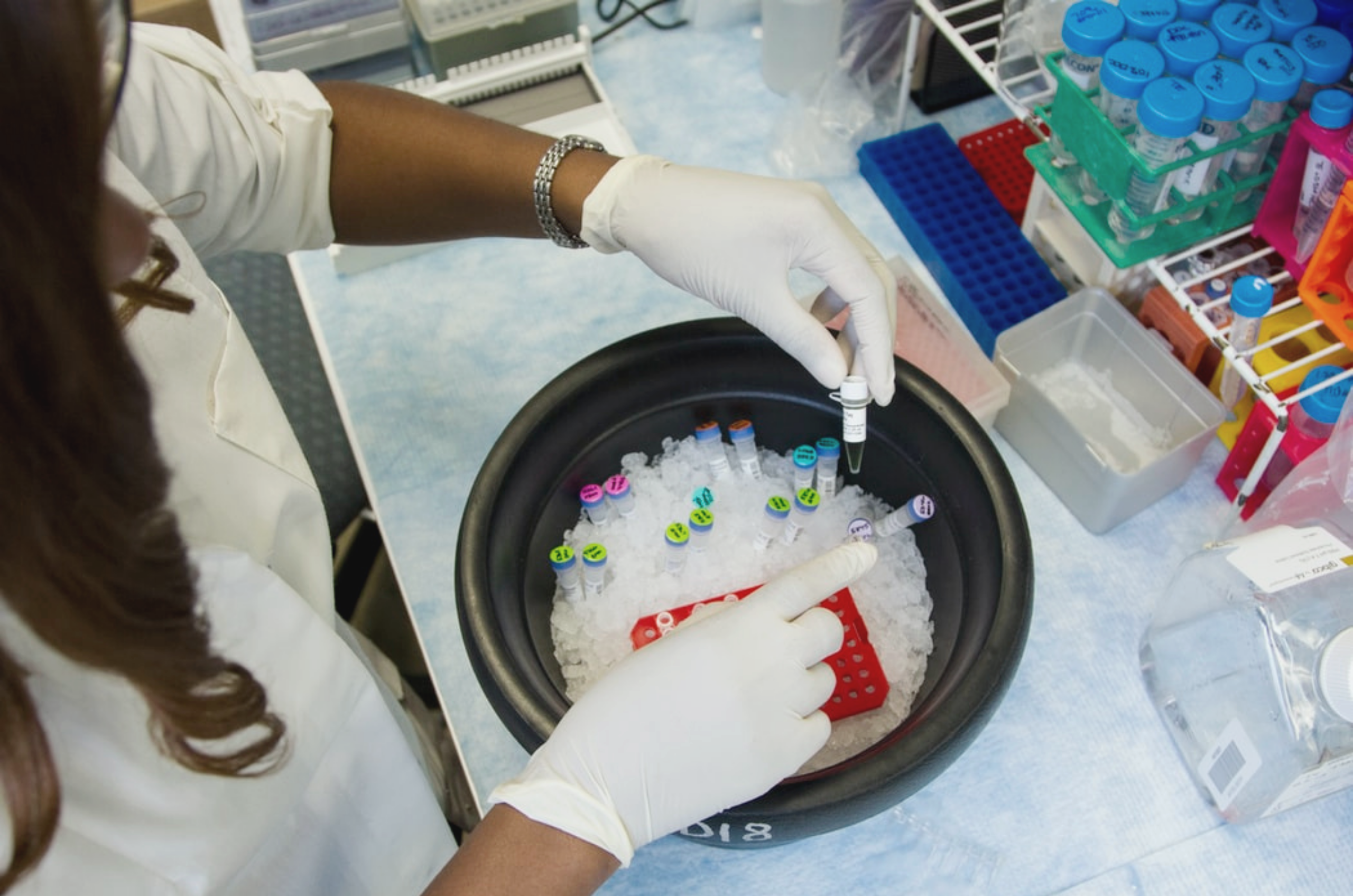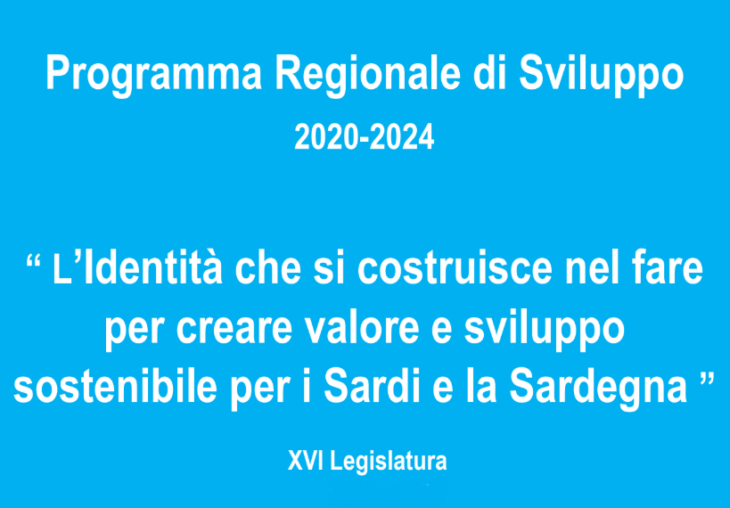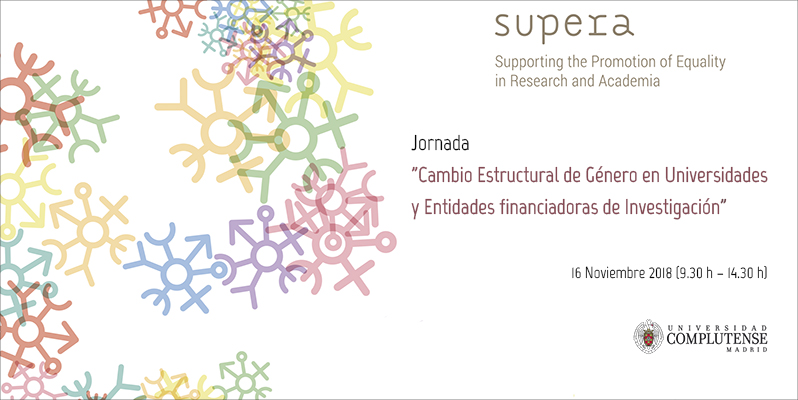Mutual learning & exchange between RFOs to foster institutional change: webinar recording available
Date: Thursday, 21 April 2022 at 10.00 – 11.30 Central European Summer Time.
This webinar will take the format of a facilitated exchange between less advanced and advanced organisations, where the first will pose questions related to setting up and implementing a GEP (e.g. how to start, how to set up a team, how to decide on priorities, resources to foresee, how to mobilise internally, etc.) and the second will try to address the questions presenting their experience. The duration will be approximately an hour with the participation of four RFOs. The session will be offered to the SUPERA GEP implementing partners and it will be opened to interested RFOs across Europe.
Learning objectives:
- Mutual learning and exchange: getting inspiration from others with examples of promising practices
- Present the pitfalls and strengths of applying institutional change in RFOs
- Inspire about possible benefits and interventions
Invited speakers:
- Laurence Guyard, Responsible for relations with scientific communities, ANR (Gender-SMART project)
- Donia Lasinger Deputy Managing Director & Programme Manager, Vienna Science and Technology Fund, WWTF
- Nadège Ricaud, MSCA National Contact Point, Contact Person for Gender Fonds de la Recherche Scientifique, FNRS
- Elena Simion, International Projects Expert, Executive Agency for Higher Education, Research, Development and Innovation Funding UEFISCDI (CALIPER project)
Agenda
10.00-10.10 Welcome / Expectations about the webinar
10.10-10.40 4 RFOs presenting their journey
10.40-11.00 Facilitated Q&A between the RFOs
11.00-11.30 Q&A and wrap-up
The webinar recording is accessible via this link on the SUPERA YouTube channel.







